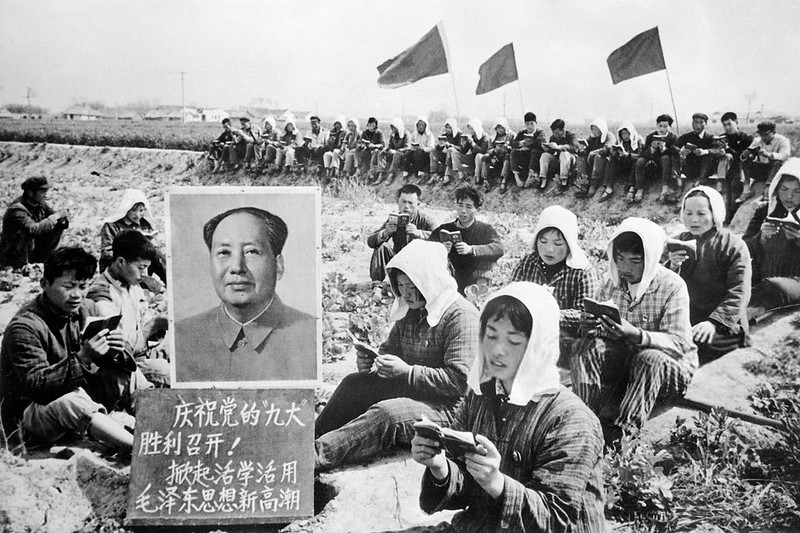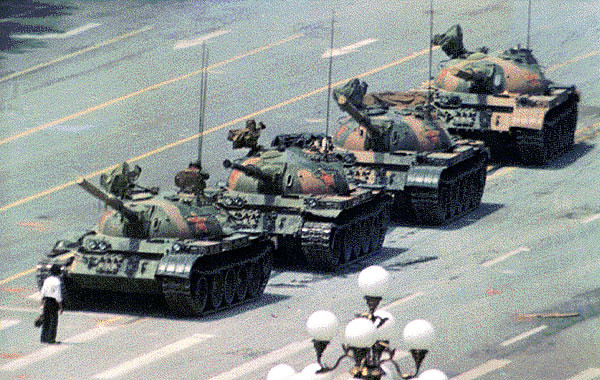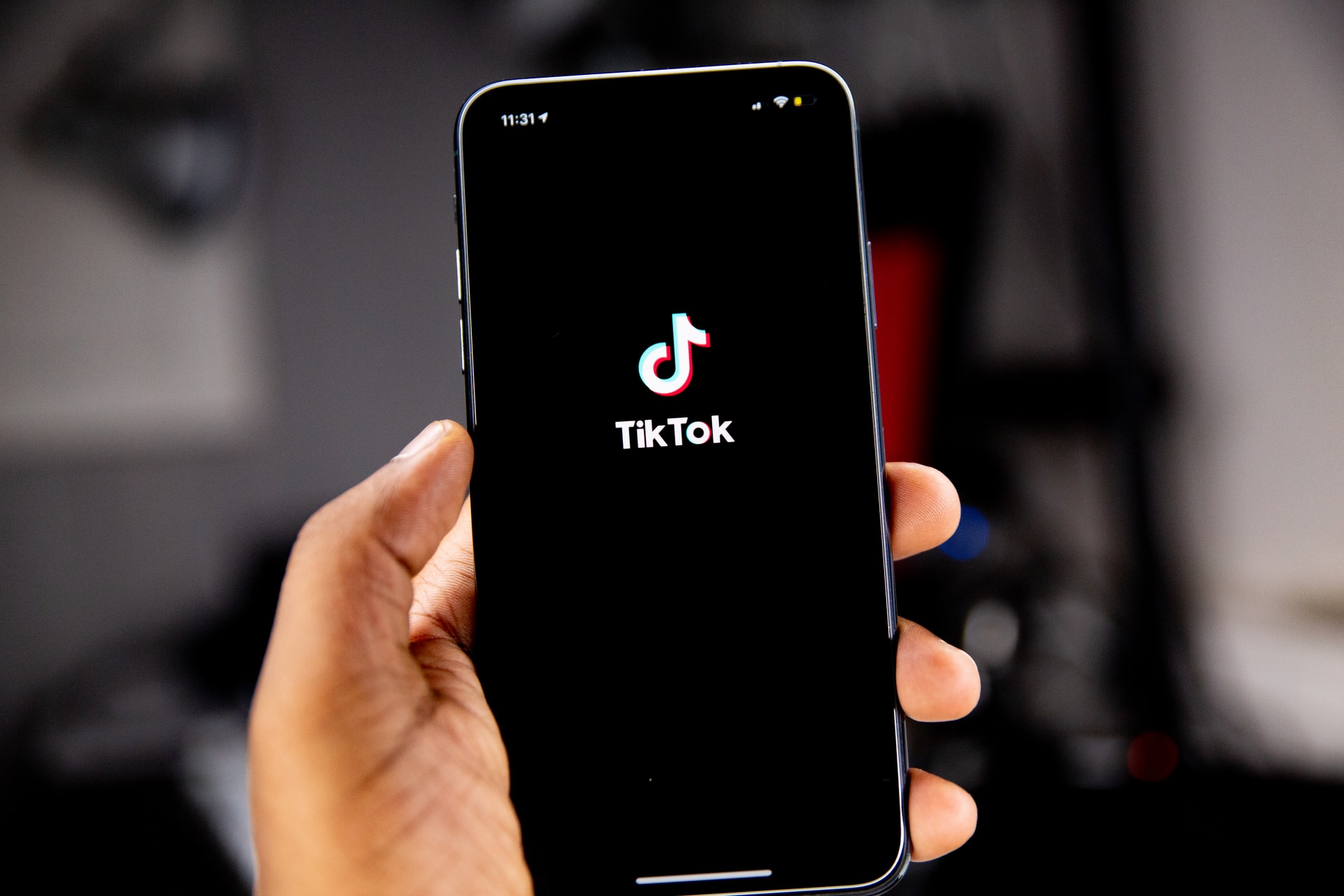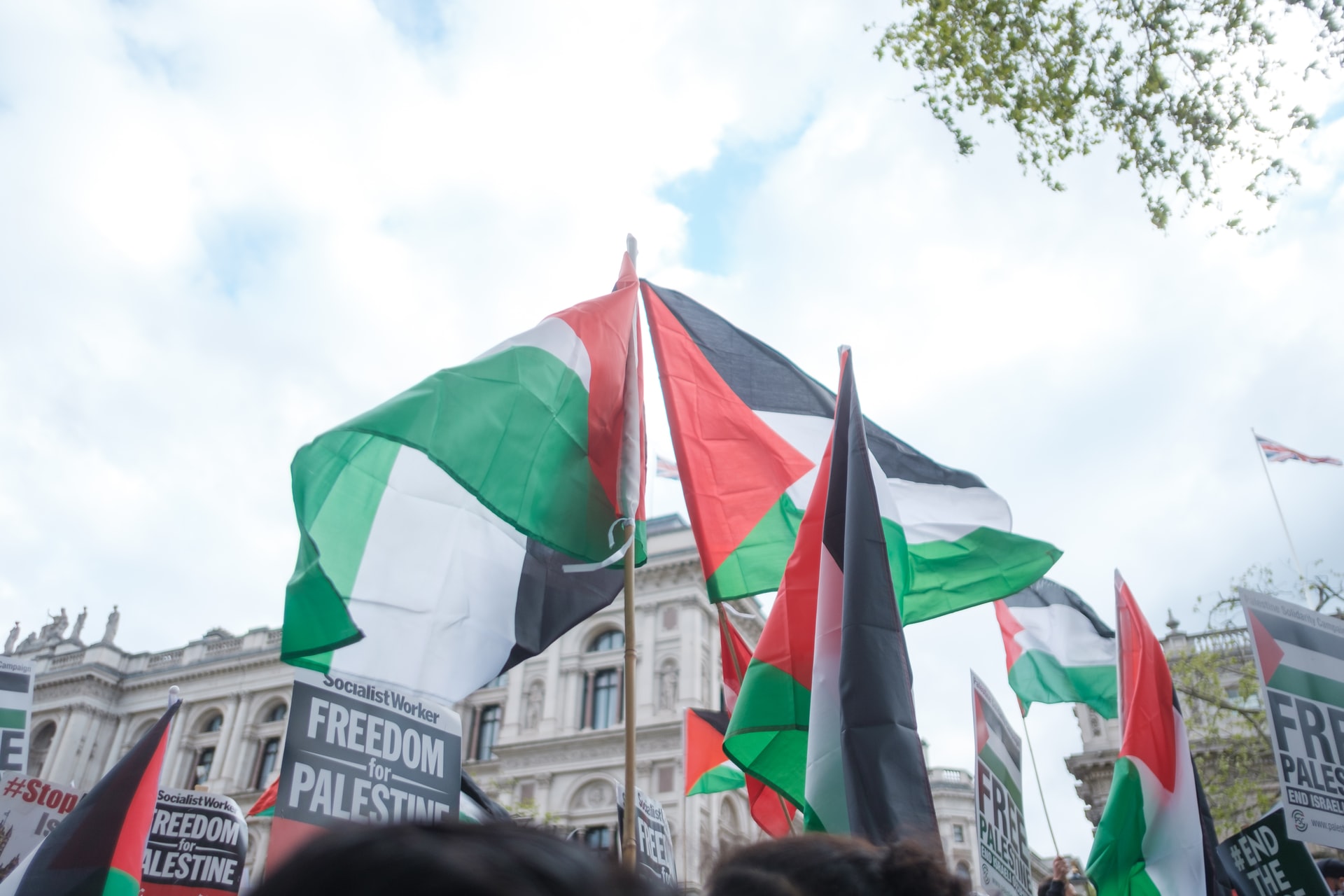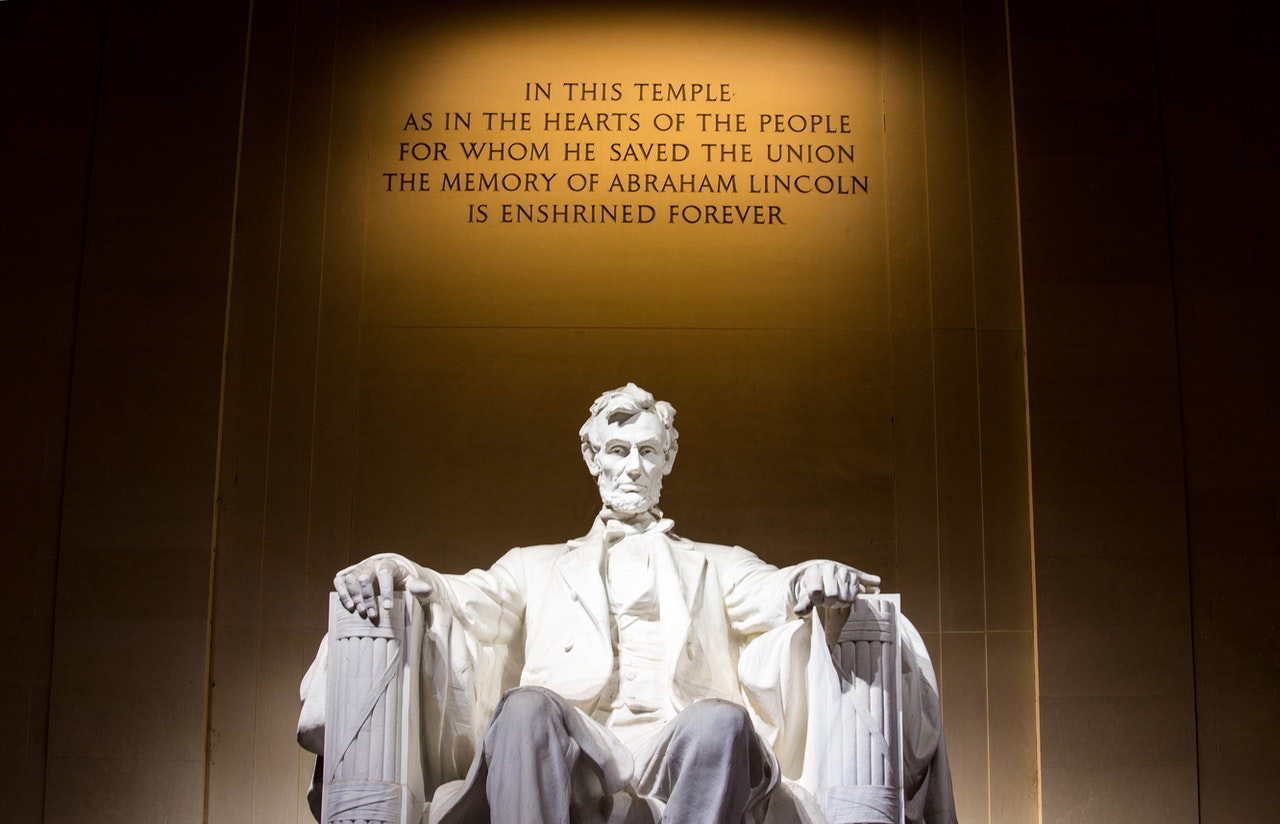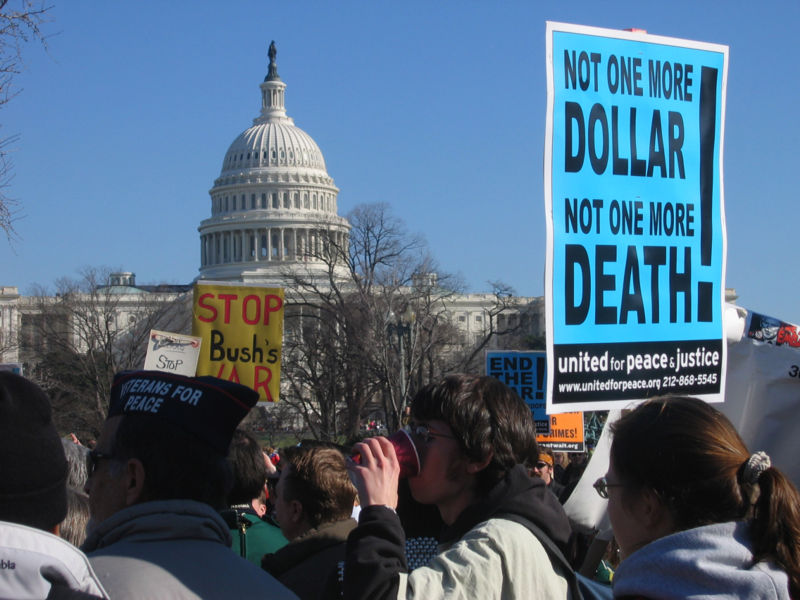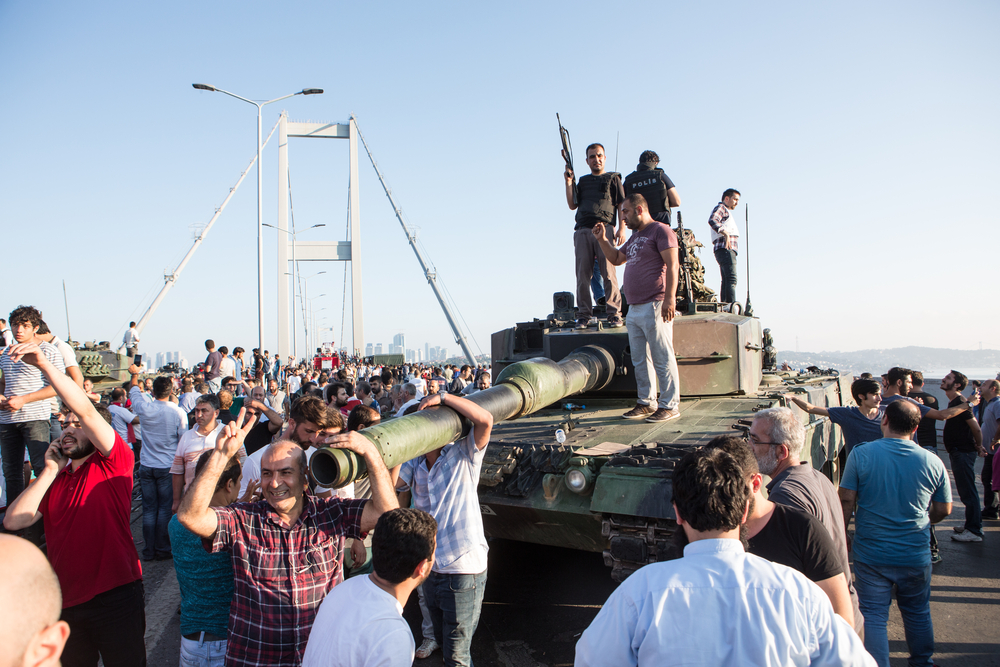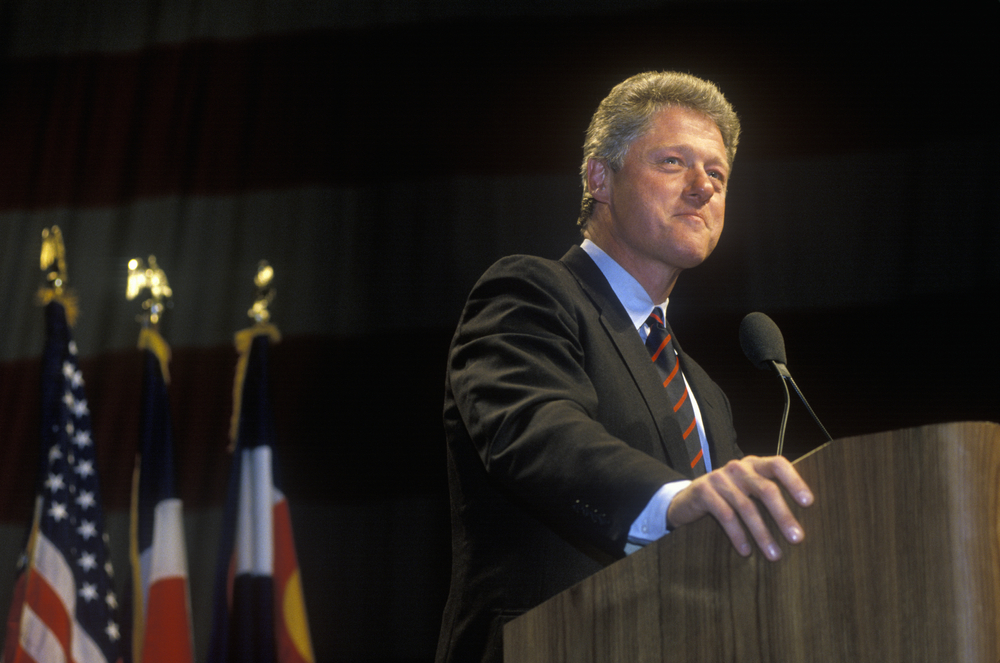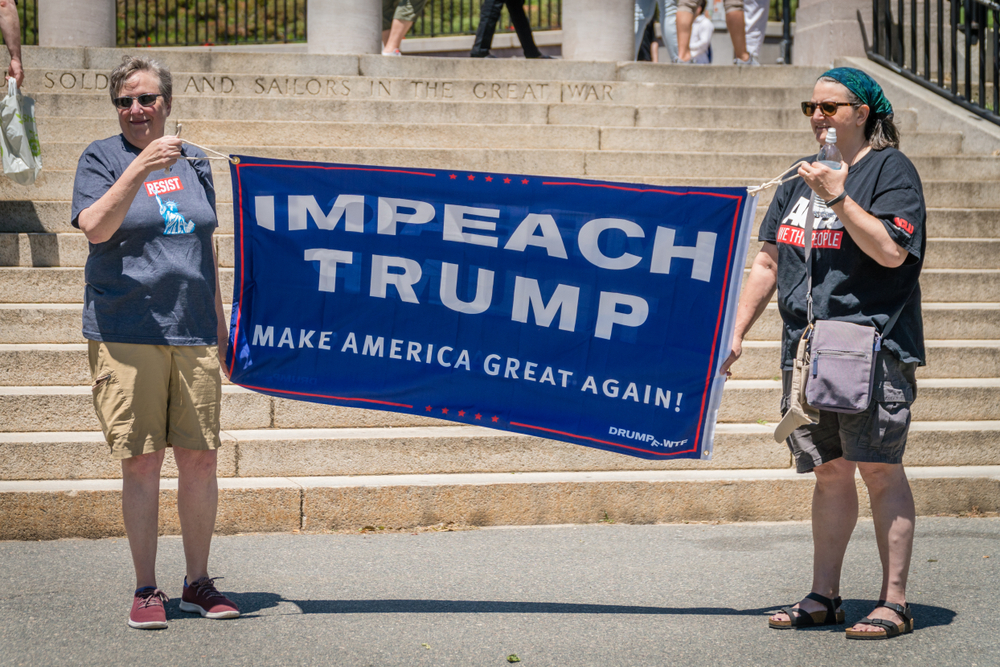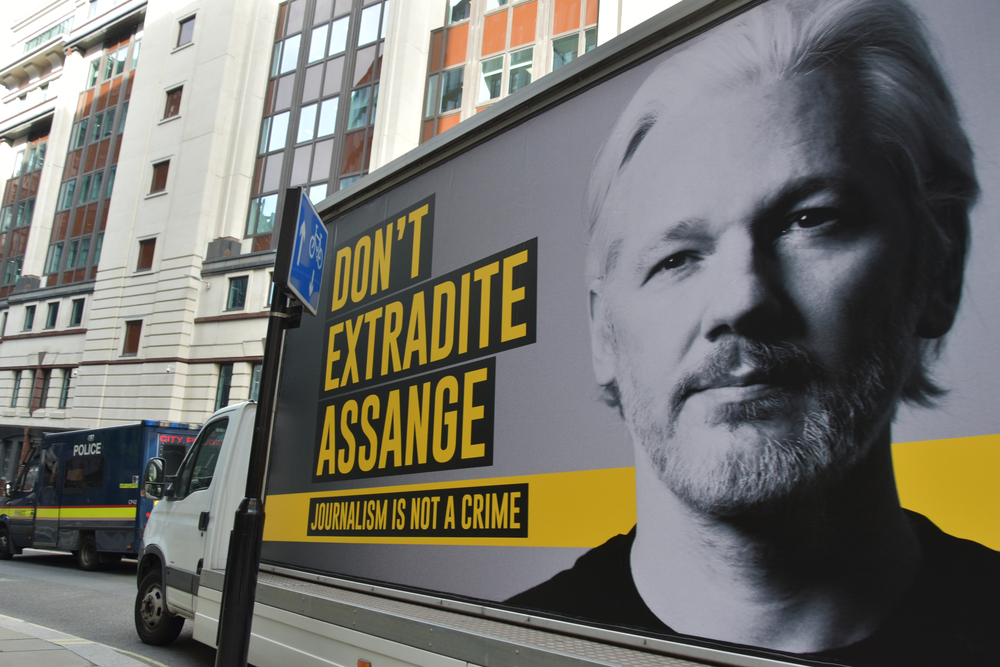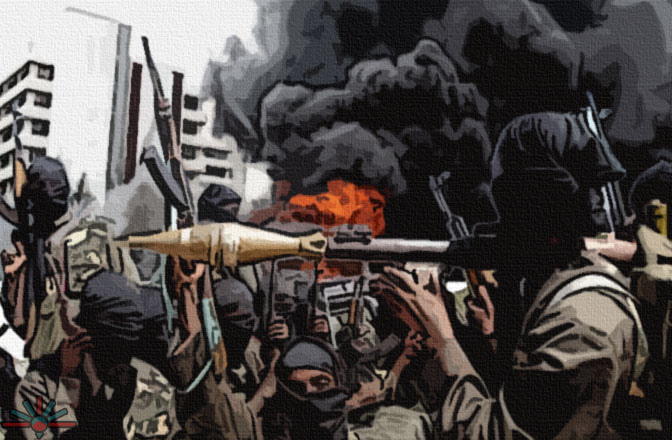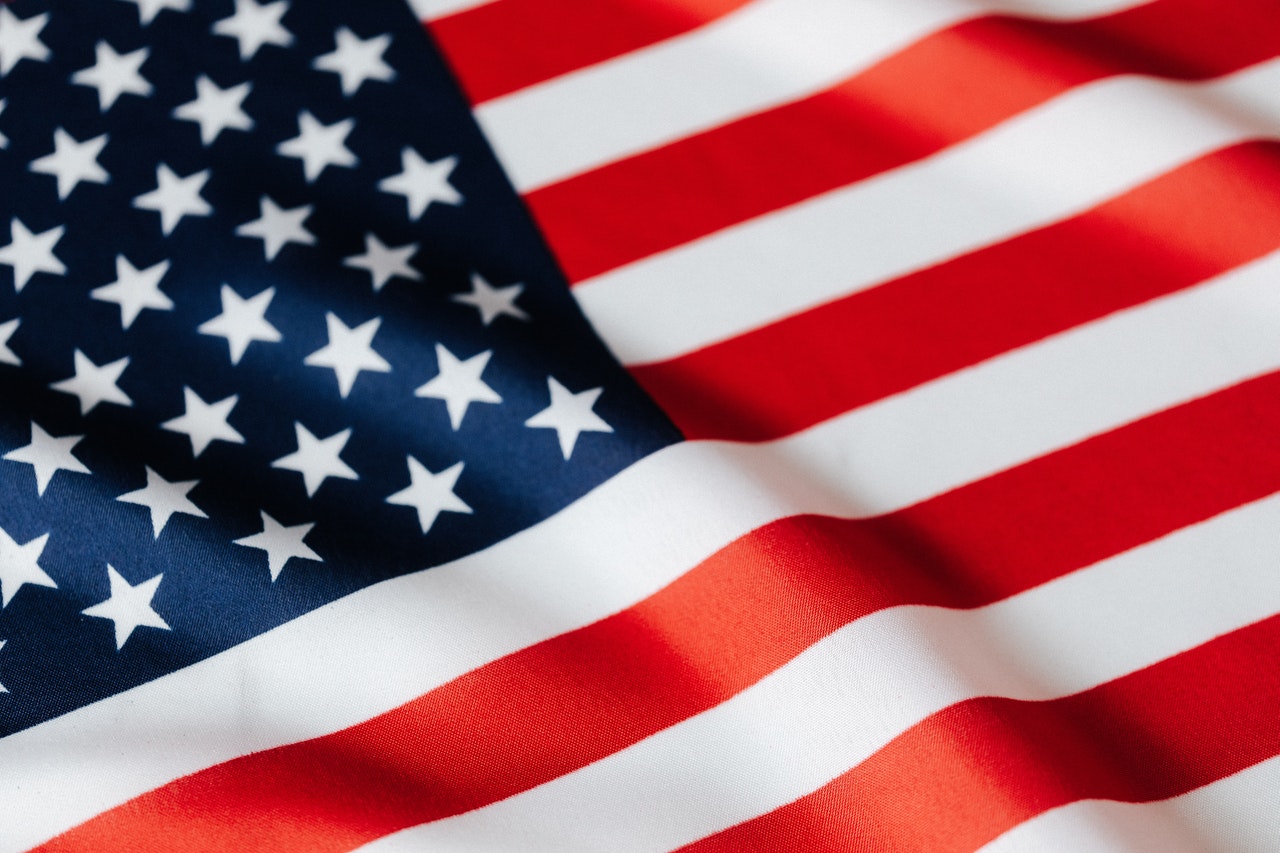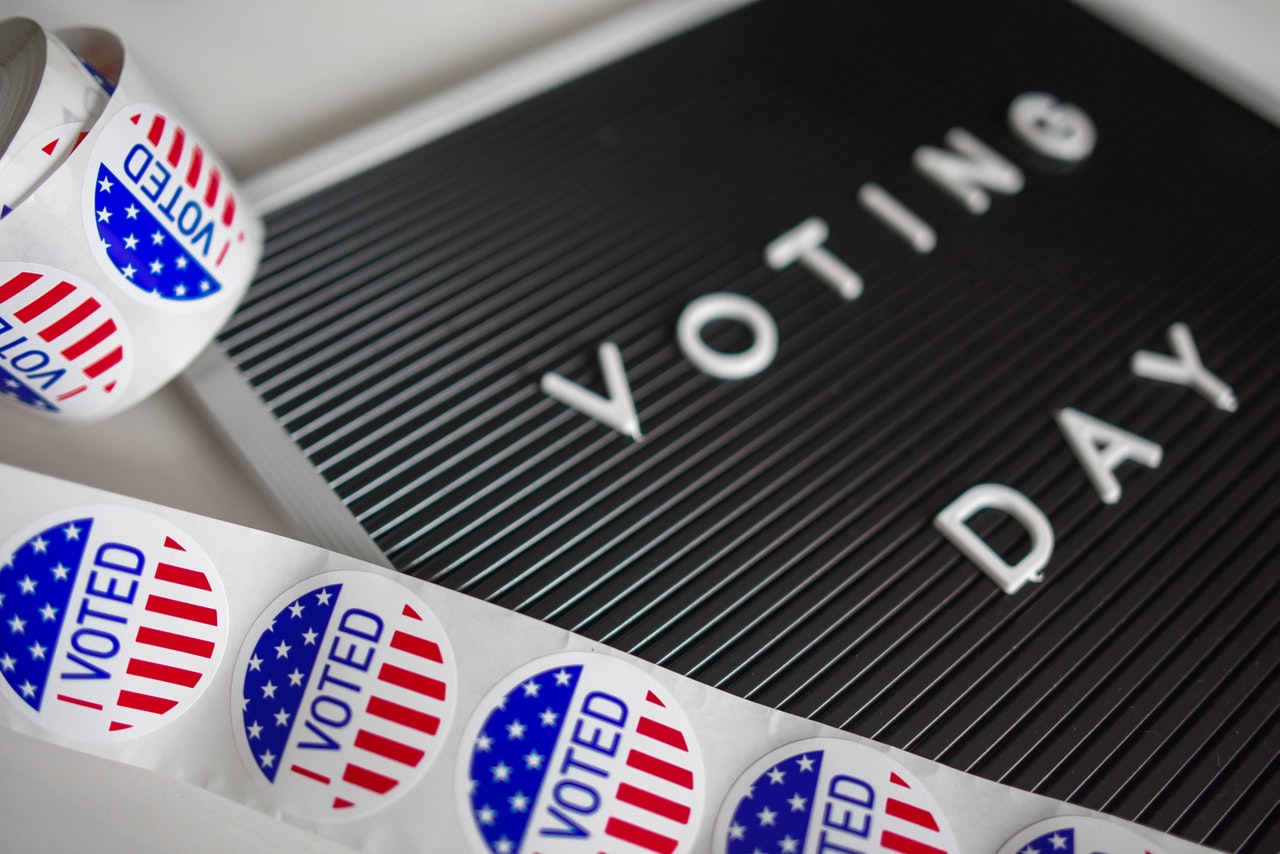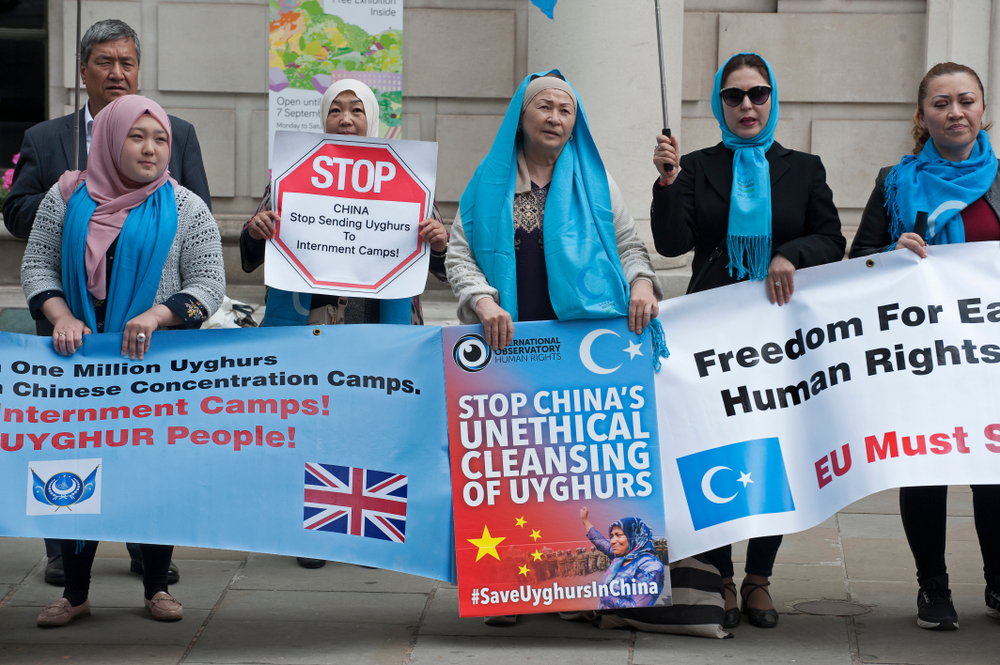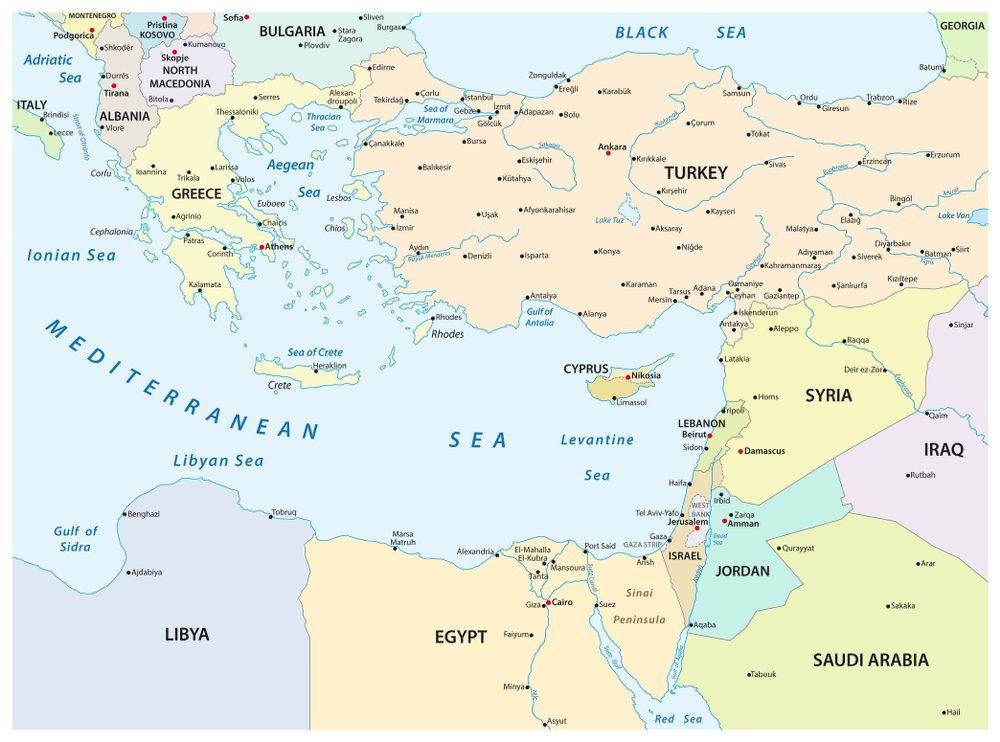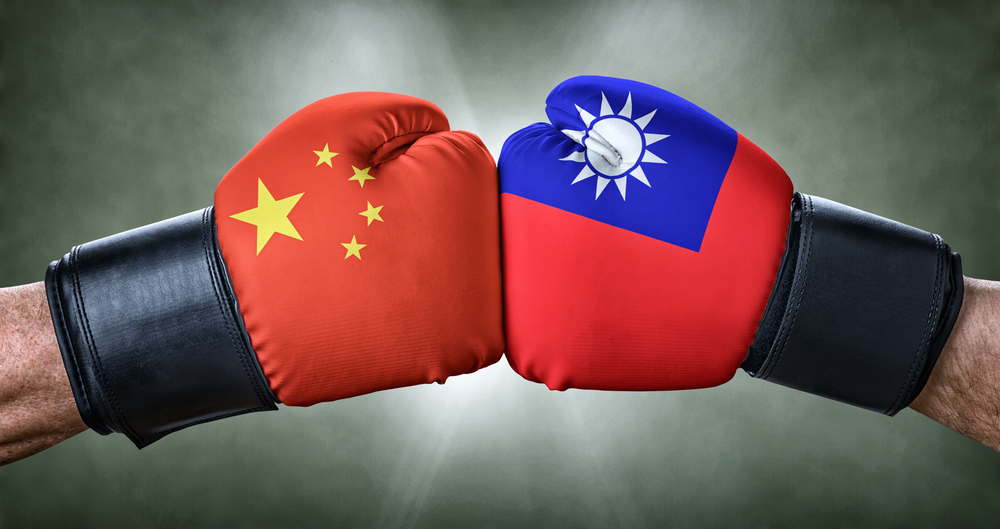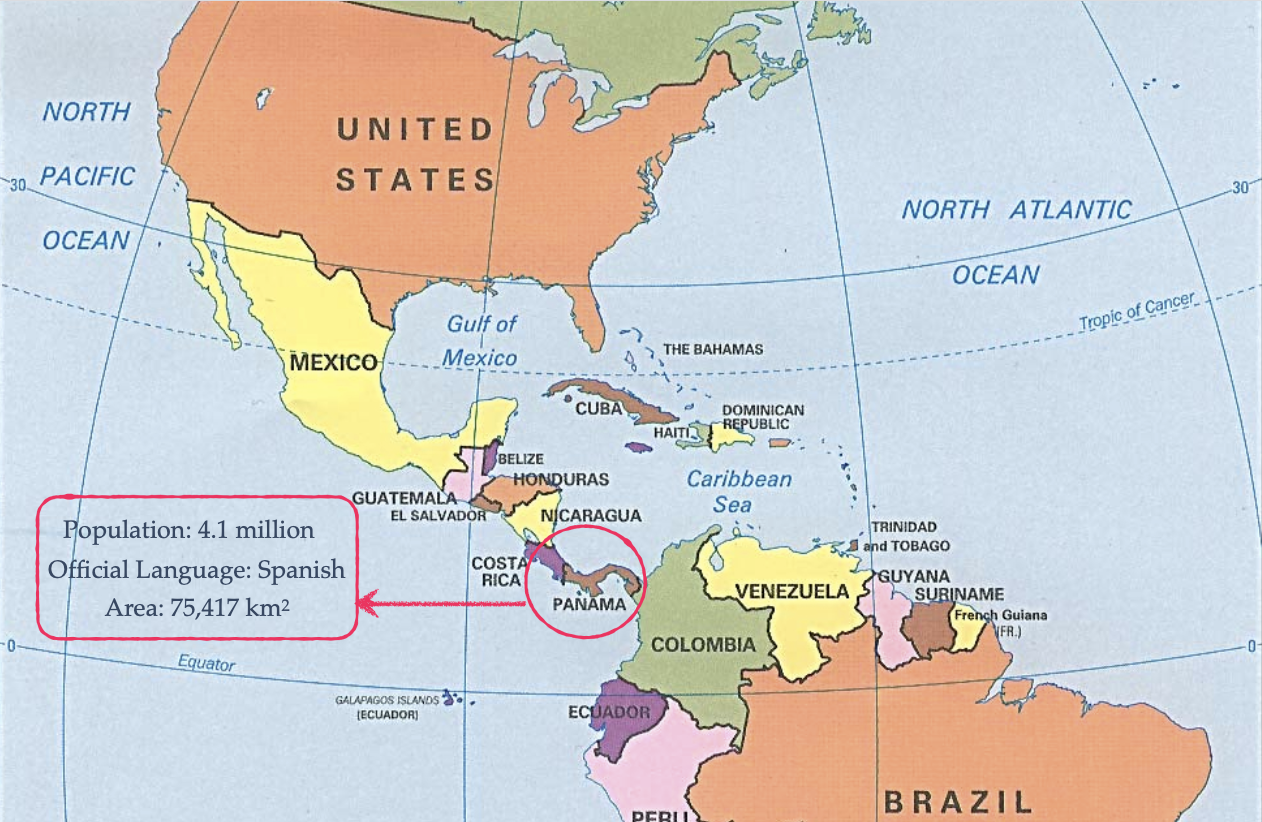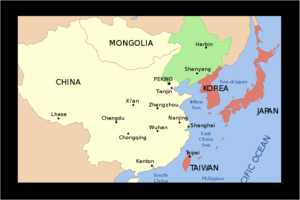Reading Time: 2 minutes
This is Part 1 of a 2-part series. In this part, we cover the events that led to unrest among people.
- Mao Zedong, known for his radical vision, launched People’s Republic of China (PRC) in 1949, making China a single-party state i.e. only one-party could form the government.
- In 1958, he launched a 5-year plan, The Great Leap Forward, with high focus on industrial production.
- With the aim of surpassing US & UK in steel production, many farmers were pushed into it; agriculture suffered & this, along with other factors, led to Great Chinese Famine, which killed over 30 million people.
- So, Mao resigned as President of China and power shifted to moderates in the party, but Mao was still Party Chairman and wanted power back.
- Then in 1966, Mao launched Cultural Revolution against party leaders, who he believed were taking the country in the wrong anti-communist direction.
- Student-led cultural revolution, which lasted till Mao’s death by heart attack in 1976, led to killing of millions and damaged Chinese economy.
- In 1977, Deng Xiaoping became the leader and took initiatives to undo past & improve economy; the reforms were successful and reduced poverty.
- Some sectors were privatised & government considered that prices, which it was setting so far, should be decided by open-market factors (demand & supply).
- But a sudden shift to new pricing system was risky, so a gradual roll-out was decided where companies that met government’s production quotas, were allowed to sell their surpluses at market-prices.
- In a country with chronic shortages, this allowed powerful people to buy cheap and sell expensive; e.g. a powerful person bought bread for 10c (low price), sold back to company at 15c (high price) & company could sell it as surplus at 20c.
- ‘Connections’ & ‘Power’ became important, leading to corruption & nepotism.
- Then in 1978, with the news that government is opening the market completely, people began hoarding stuff because they feared things will become expensive.
- Government panicked and cancelled the decision, but large hoarding that had happened led to shortages, which triggered high inflation & made the gap between rich & poor too explicit.
- This was a blow to the socialist ideology of the country, where people were supposed to be equal; unfair wealth distribution was associated with capitalism.
- People, who had seen the worst of communism (Cultural Revolution), were frustrated with the current impure socialism and demand for democracy gained momentum.
In Part 2, we cover how the pro-democracy protests unfolded and events that led to the infamous massacre.
Image courtesy of Picture by Manhhai through Flickr
Share this:
-
Pingback: What is the China-Taiwan problem? - 2dPoint

